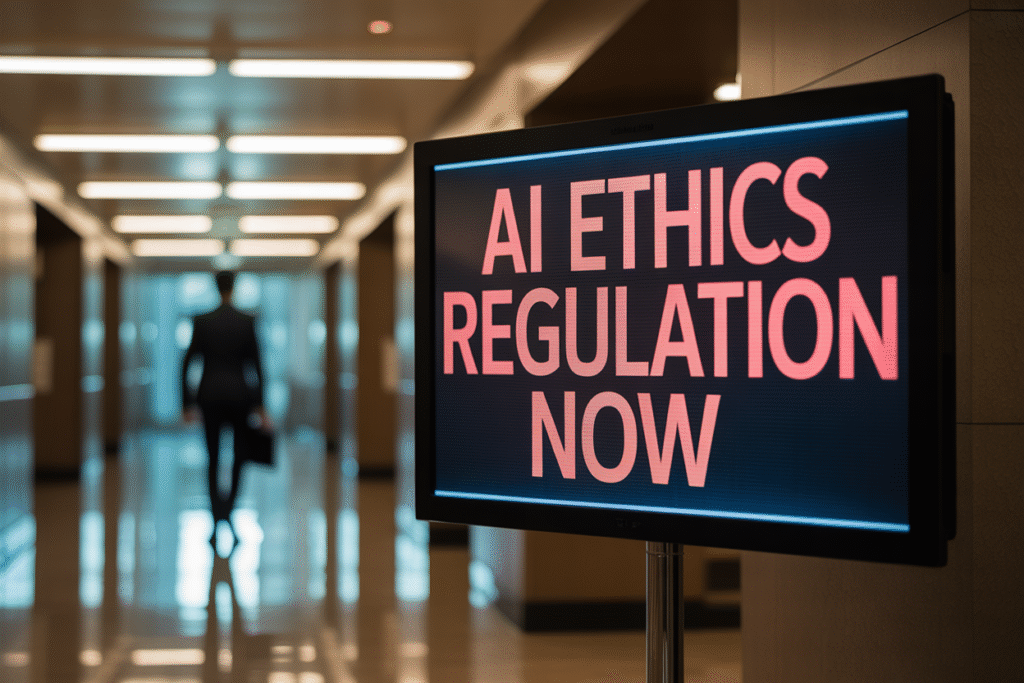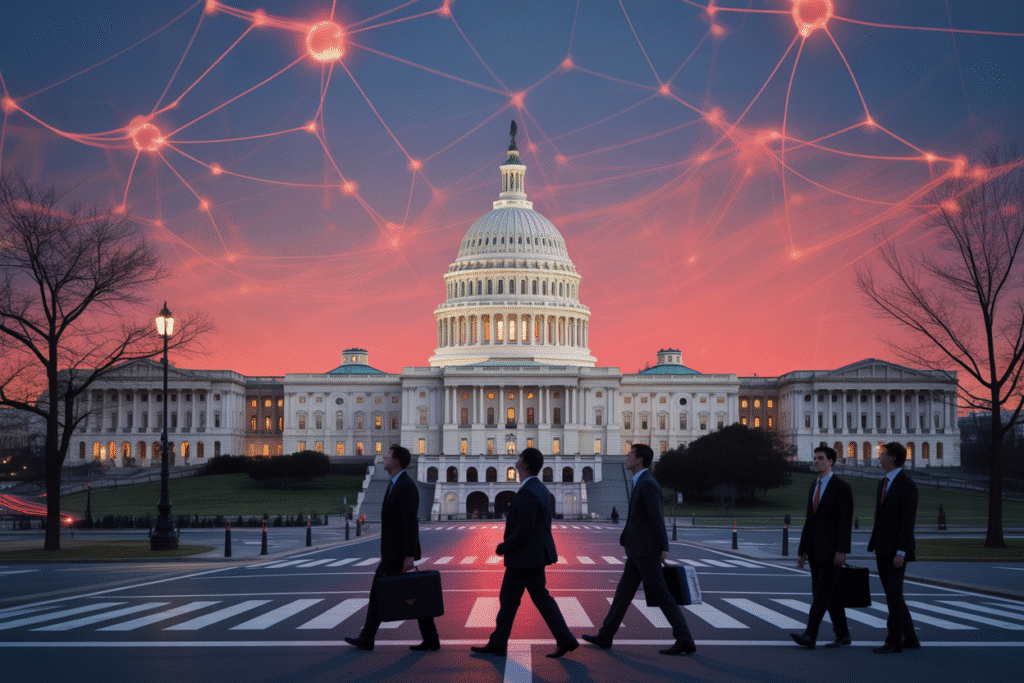A fresh poll, a minister’s pivot, and a nation’s unease collide in the newest AI ethics showdown.
Three hours ago, a quiet headline slipped onto Yahoo Canada: 85% of citizens want AI regulation now. Not next year. Now. The numbers are staggering, the timing electric, and the implications global. If you care about AI ethics, job security, or simply the future of work, this is the moment to lean in.
The Poll That Rocked Ottawa
Leger asked 1,500 Canadians a simple question: should the government step in to keep AI safe? 85% said yes—57% shouted it. That’s not a fringe concern; it’s a national chorus.
Usage has jumped 10% since March, yet trust hasn’t kept pace. People aren’t afraid of the tech itself; they’re afraid of who controls it, how their data is used, and which jobs vanish next.
Canada’s AI minister recently shifted the conversation from safety to speed, championing adoption over oversight. The disconnect is jarring: citizens want guardrails while leadership floors the accelerator.
Key takeaways:
• 85% support immediate AI regulation
• 57% feel strongly in favor
• Daily AI use up 10% since March
• Ministerial messaging favors growth over governance
Why Regulation Feels Personal
Talk to any barista, coder, or call-center rep and you’ll hear the same worry: will a bot replace me by Christmas? The poll proves that anxiety isn’t niche—it’s mainstream.
Bias in hiring algorithms already keeps résumés in limbo. Surveillance tools quietly score shoppers in real time. When decisions happen inside black boxes, accountability evaporates.
Proponents argue smart regulation prevents a race to the bottom. Critics warn red tape could hand the global AI crown to less scrupulous nations. Both sides agree on one thing: the stakes have never been higher.
What everyday Canadians fear:
• Job displacement without retraining funds
• Biased AI making life-altering choices
• Personal data harvested without consent
• Corporate profits prioritized over public good
The Global Ripple Effect
If Canada—long seen as AI’s polite laboratory—can sound this alarm, other parliaments will listen. The EU is finalizing its AI Act. Washington is drafting bipartisan bills. All eyes are on Ottawa’s next move.
Imagine two futures. In one, transparent algorithms earn public trust, displaced workers receive upskilling grants, and innovation thrives under clear rules. In the other, unchecked systems deepen inequality and democracy frays.
The choice isn’t theoretical; it’s being coded right now in policy papers and product roadmaps. Citizens have spoken. Leaders must decide whether to lead or lag.
Your voice matters. Share this story, tag your representatives, and keep the conversation louder than the lobbyists.


